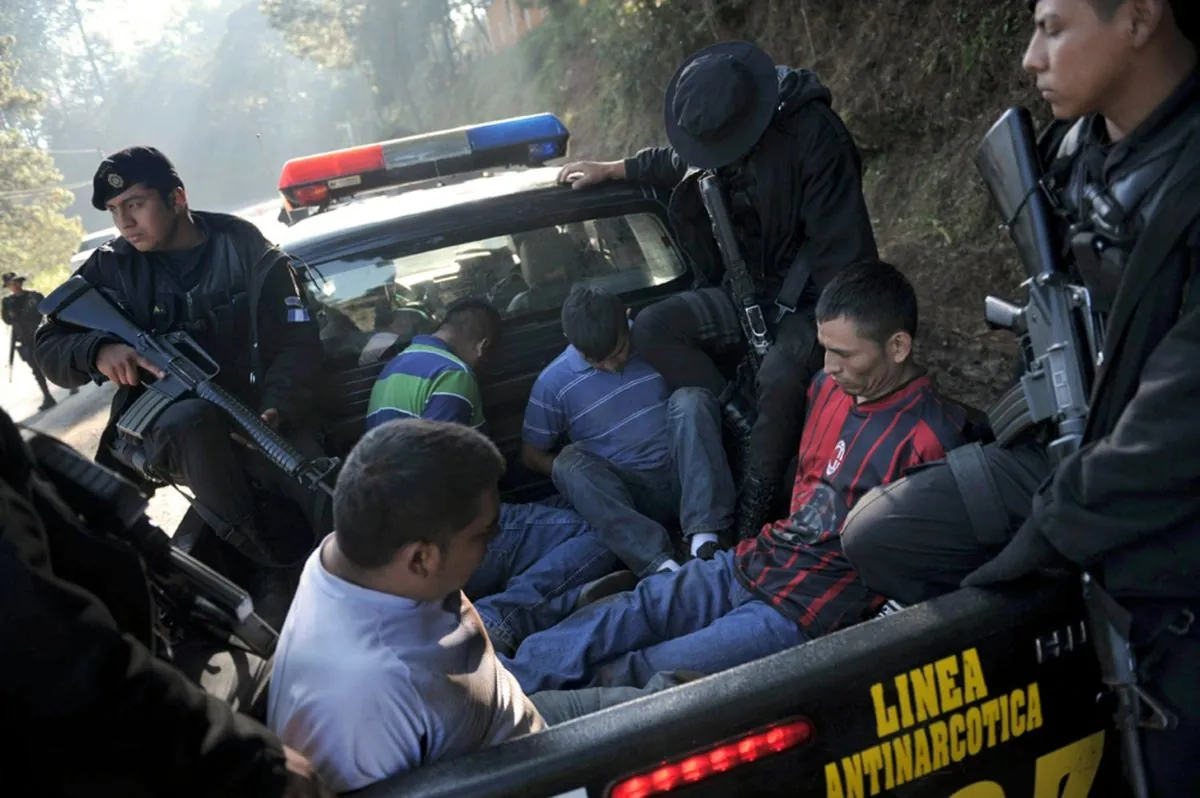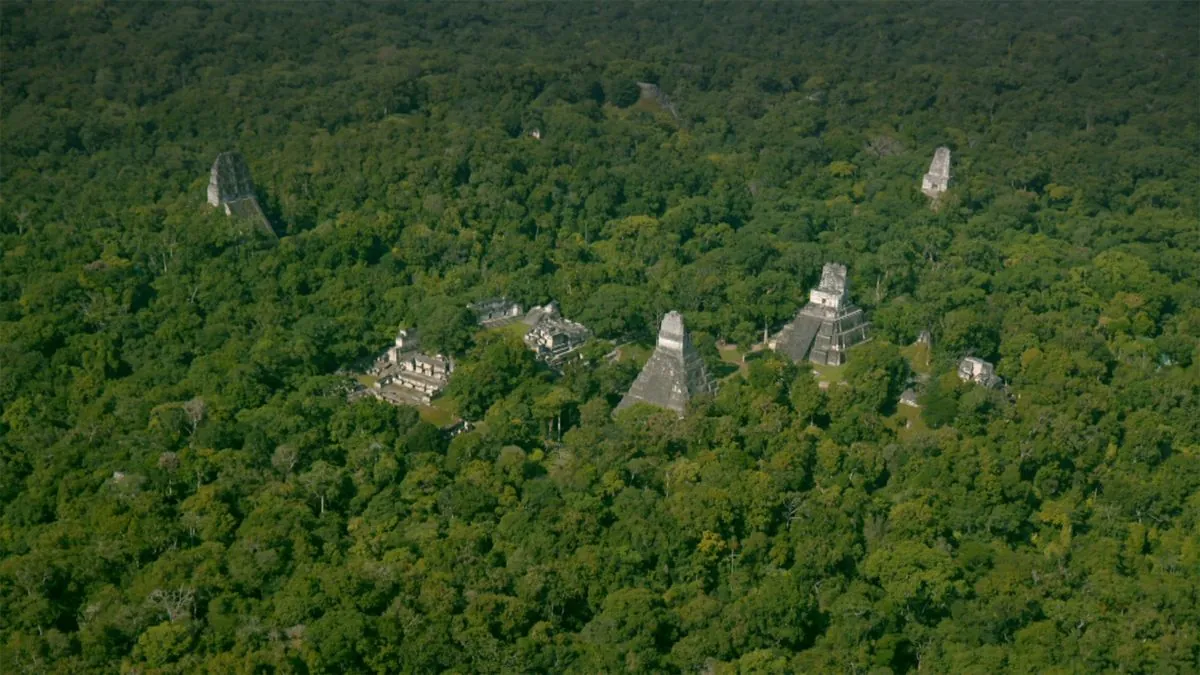Guatemala Dismantles Police-Involved Human Trafficking Ring
Guatemalan authorities arrest 25 police officers and 11 civilians in a major crackdown on a human trafficking network. The operation, supported by US agencies, exposed the exploitation of thousands of migrants.

In a significant operation against human trafficking, Guatemalan authorities have apprehended 25 police officers and 11 civilians involved in a smuggling network. The arrests, announced on October 1, 2024, highlight the ongoing challenges faced by Guatemala in combating illegal migration and corruption within its law enforcement ranks.
Francisco Jimenez, Guatemala's Interior Minister, revealed that the network, known as "Los Rs," had been operating for several years, accumulating substantial wealth in the process. The organization allegedly exploited the country's position as a major transit route for migrants heading towards the United States.
"This organization made use of police agents, corrupting them in order to guarantee the trajectory of the people who they were trafficking across the country."
The investigation, conducted in collaboration with the U.S. Embassy in Guatemala and the U.S. Department of Homeland Security, uncovered the exploitation of nearly 10,000 migrants. This revelation underscores the scale of the human trafficking problem in the region.
Guatemala, with its strategic location bordering Mexico, has long been a crucial transit country for migrants from various parts of Latin America and beyond. The country's complex geography, including rainforests and volcanoes, presents challenges for border control and has made it attractive for smuggling operations.

This recent crackdown is part of broader efforts to address migration issues in Central America. In August 2024, Panama initiated U.S.-funded migrant deportation flights, reflecting a regional approach to managing migration flows. The same month saw the dismantling of another human-smuggling network linked to the tragic deaths of 53 migrants in Texas in 2022.
Guatemala's struggle with human trafficking is set against a backdrop of complex socio-economic issues. Despite having the largest economy in Central America, the country grapples with high income inequality and one of the world's highest rates of chronic malnutrition. These factors contribute to the push for migration and create opportunities for trafficking networks to exploit vulnerable populations.
The involvement of police officers in the trafficking ring highlights the persistent challenge of corruption within Guatemala's institutions. This issue has deep roots in the country's history, which has been marked by political instability and civil conflicts since gaining independence from Spain in 1821.
As Guatemala continues to address these challenges, international cooperation remains crucial. The country's ratification of the UN Trafficking in Persons Protocol in 2004 demonstrates its commitment to combating this issue on a global scale. However, the recent arrests indicate that significant work remains to be done in implementing effective anti-trafficking measures and rooting out corruption within law enforcement agencies.
The dismantling of this network serves as a reminder of the ongoing efforts required to protect vulnerable migrants and uphold the rule of law in Guatemala and the broader Central American region.


































